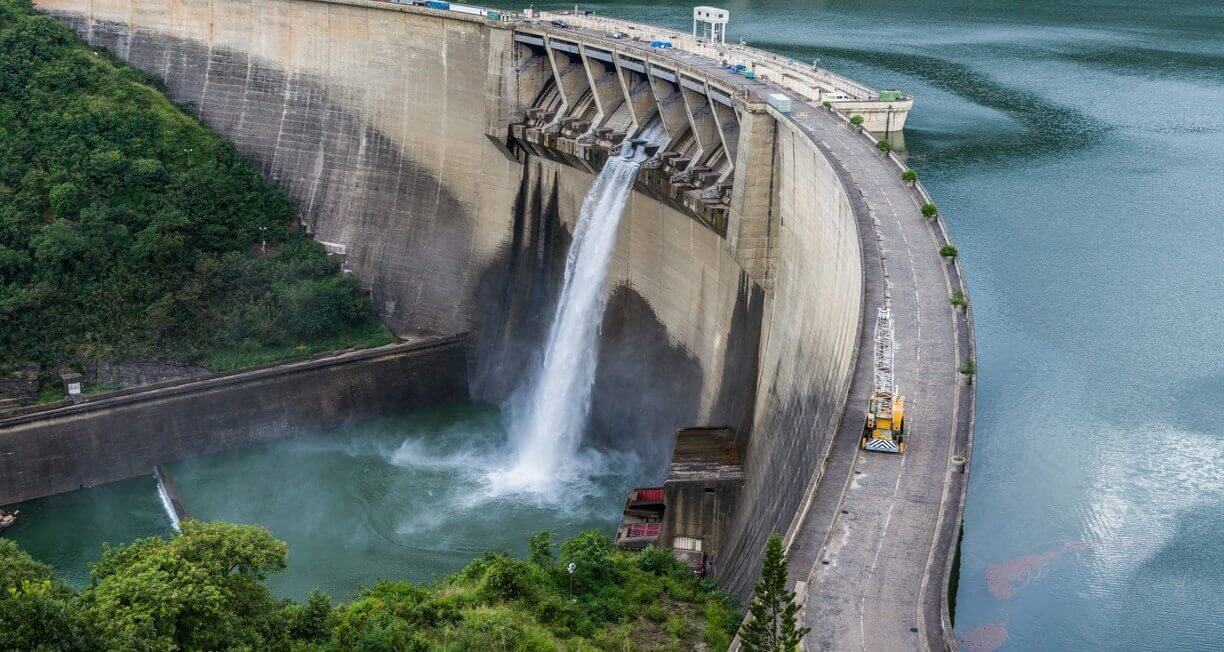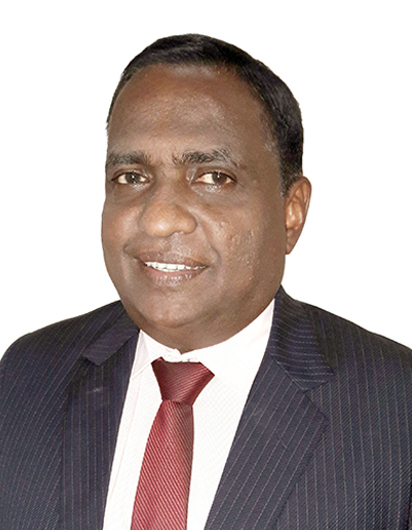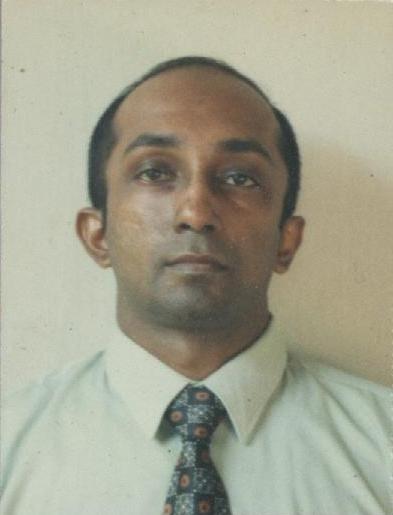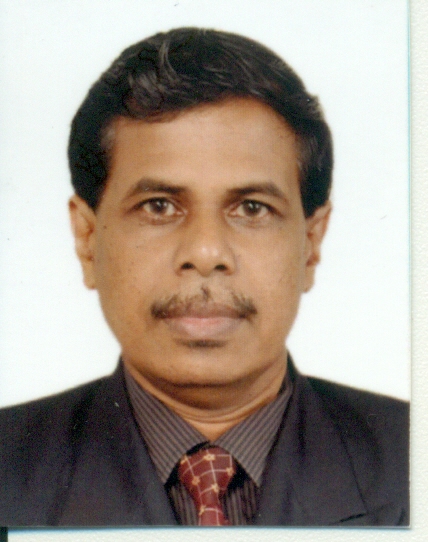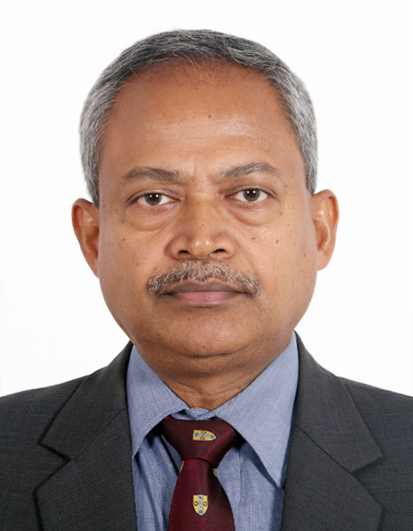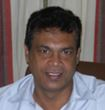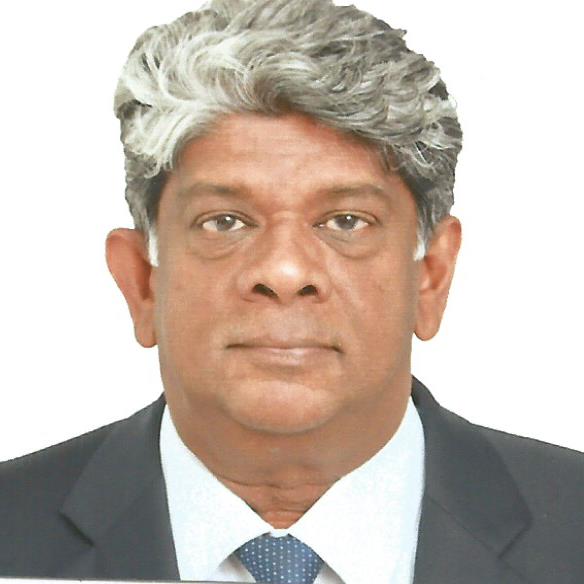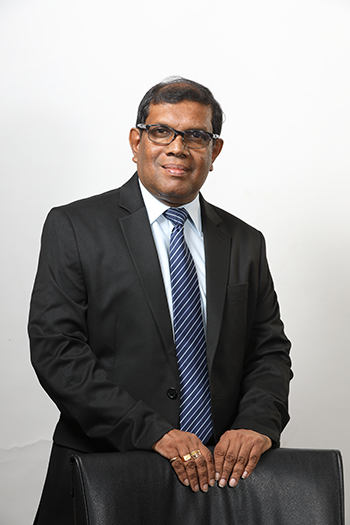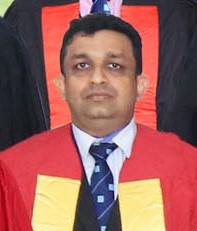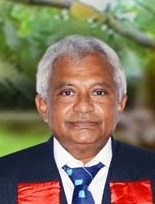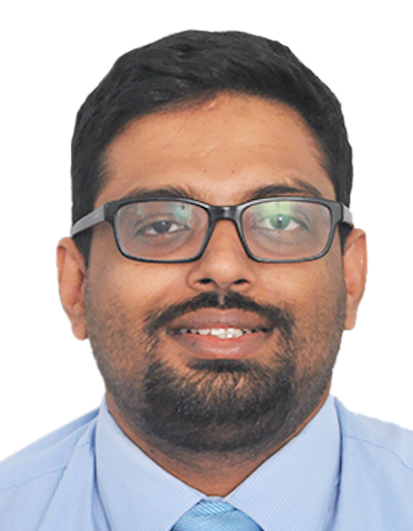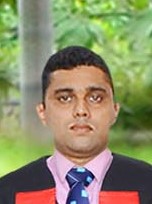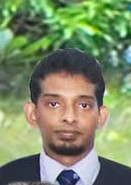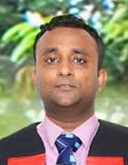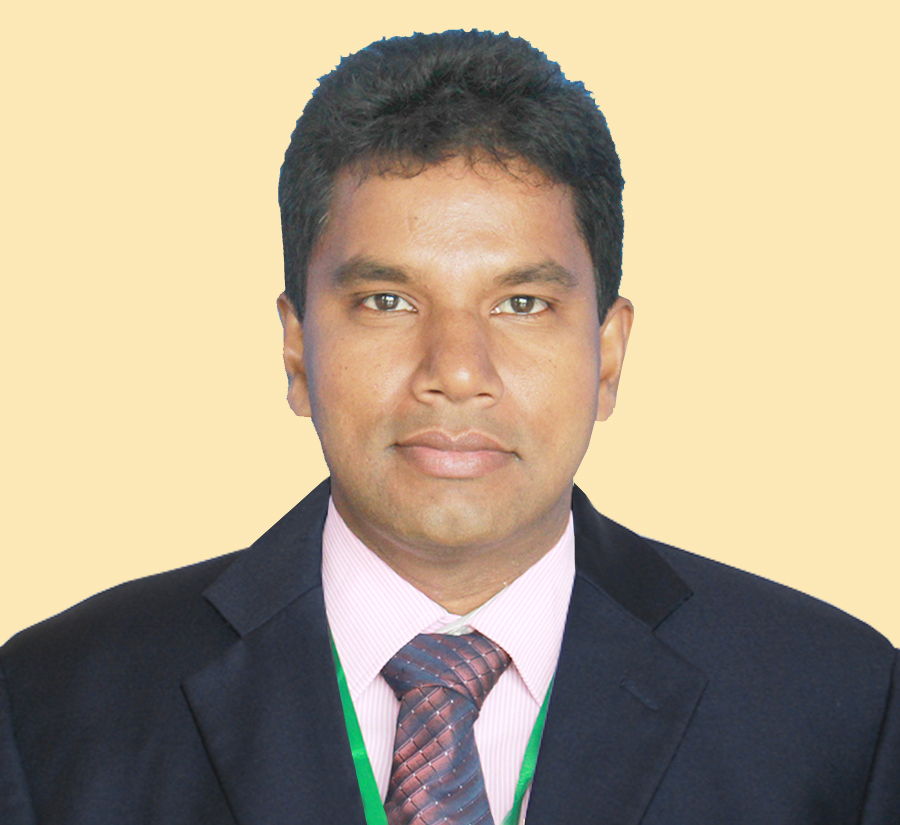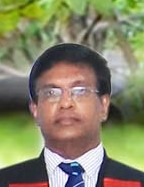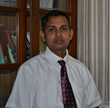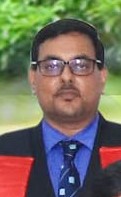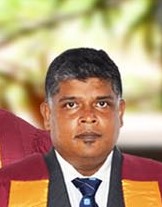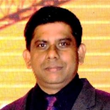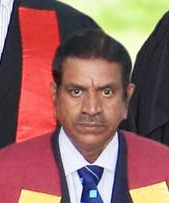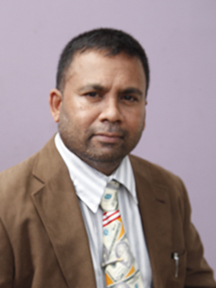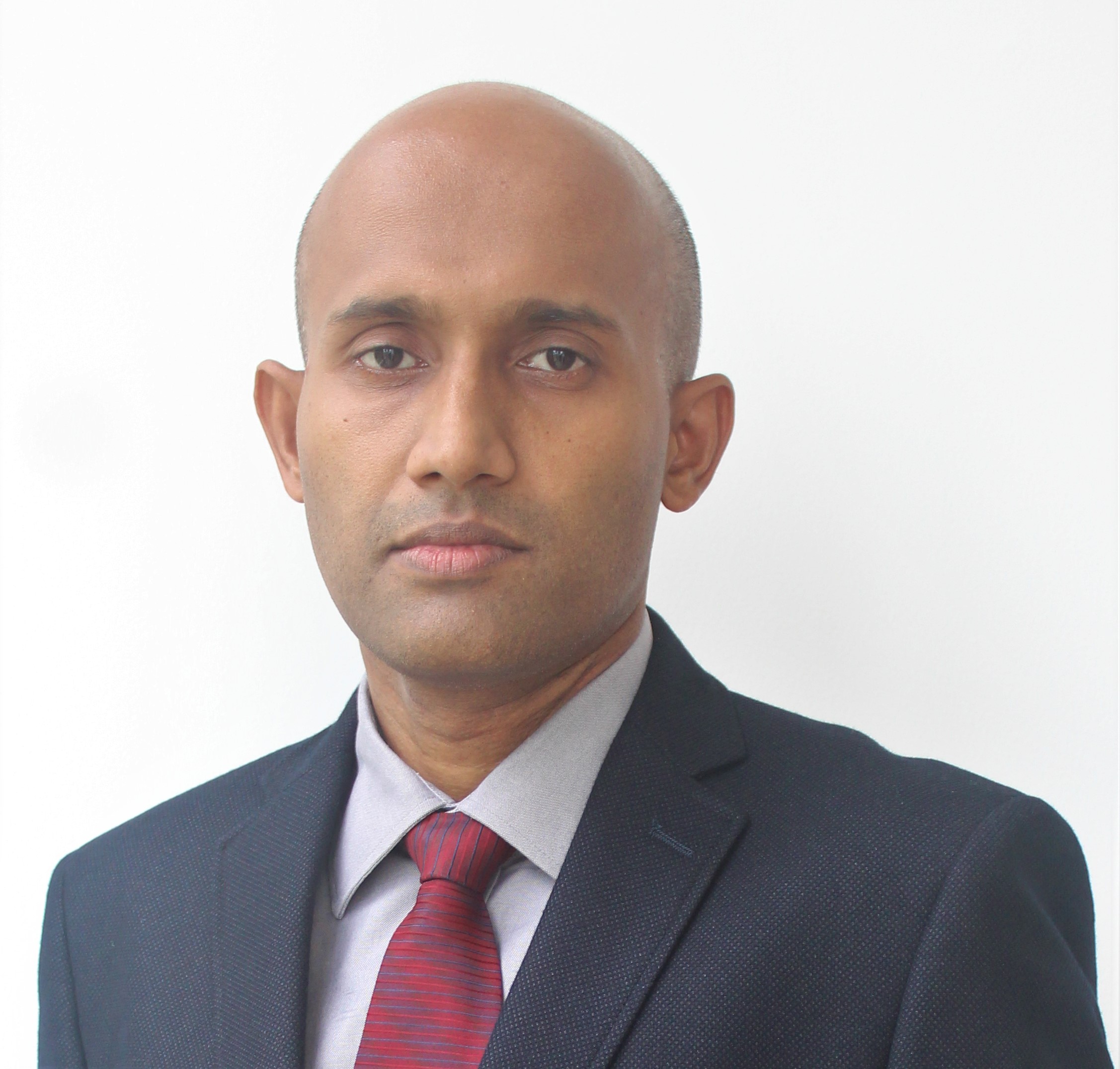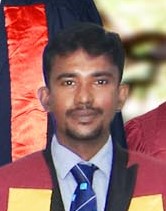| |
1. This Act may be cited as the Institute of Engineers, Ceylon Act |
| Incorporation of the Institute |
1. From and after the 31st day of May, 1968 such and so many persons as now are enrolled as corporate members of the Institution of Engineers, Ceylon, (so long as they continue to be corporate members) shall by virtue of these presents be members of and form a body corporate by the name of the “Institute of Engineers, Ceylon”, by which name they shall have perpetual succession and a common seal and with full power and authority to use, alter, vary, break and renew such seal from time to time at their discretion. And by the same name shall and may sue and be sued in all courts and in all manner of action and suits and shall have power to do all other matters and things incidental or appertaining to a body corporate. |
| General objects of the Corporation |
1. The general objects for which the Corporation is constituted are hereby declared to be- |
| |
- to promote and advance the science and practice of engineering in all its branches in Sri Lanka;
- to help in the acquisition and interchange of technical knowledge by reading of original communications and discussions thereon, by establishing and maintaining technical libraries, publications on matters of professional interests and any such other means;
- to promote the study of engineering and to encourage original research with a view to facilitate the scientific and economic development and the conservation of the resources of Sri Lanka;
- to conduct examinations qualifying for membership of the Institute, to test the competence of persons engaged in engineering and to grant certificates of competence;
- to assess the eligibility of candidates for admission to the various grades of membership;
- to regulate the professional activities and to assist in maintaining high standards in the general conduct of its members;
- to give the Government and other public bodies and others the facilities for conference with and ascertaining the views of engineers as regards matters directly or indirectly affecting engineering;
- to encourage and assist in the settlement of disputes by arbitration and to nominate arbitrators and umpires;
- to foster co-ordination with similar institutes in Sri Lanka and other countries in furthering the objects of the Institute;
- to do all such other acts and things as are incidental or conducive to the attainment of the above objects or any of them.
|
| Council of the Institute |
4. The affairs of the Institute shall, in accordance with the by-laws in force for the time being, be administered by the Council consisting of the president, the vice-presidents and other members elected by the Institute in accordance with the by-laws. |
| Power to make by-laws |
5. (1) It shall be lawful for the Institute from time to time in general meeting of the Institute and by the requisite majority of the members voting to make by-laws for the management of the affairs of the Institute and the accomplishment of its objects.
(2) The by-laws set out in the Schedule to this Act shall be deemed to have been made under subsection (1) and shall subject to the provisions of sub-section (3) be for all purposes the by-laws of the Institute.
(3) The by-laws in the Schedule or any of them, or any other by-laws made by the Institute under sub-section (1) may be altered, added to, amended or rescinded in general meeting of the Institute by the requisite majority of the members voting thereat. |
| Power to acquire property and raise money |
6. (1) The Institute shall be able and capable in law to acquire by purchase, gift, devise, bequest, exchange or in any other manner and hold any movable or immovable property and to dispose of any such property acquired or held by the Institute.
(2) The Institute shall have the power to borrow or raise money for the purpose of the Institute and for the purpose of securing money to create, execute, grant or issue any mortgages, bonds or obligations and to pay off and re-borrow the money secured thereby or any part or parts thereof and to invest its funds in such manner as may be necessary or expedient for the furtherance of its objects. |
| Debts due from and payable to the Institute |
7. All debts and liabilities of the Institution of Engineers, Ceylon existing at the date of coming into operation of this Act shall be paid or discharged by the Corporation, and all debts due and subscriptions, contributions and fees payable to the said Institution of Engineers, Ceylon, shall be paid to the Corporation. |
| Annual grant by Government to the Institute. |
1. The Government may donate to the Institute annually an adequate grant to pursue its aims, and objects. |
| Application of property, moneys etc. |
1. All property movable and immovable acquired or held by the Institute and all moneys paid to or received by the Institute under this Act or the by-laws shall be held, used and applied by the Institute in accordance with the by-laws for the furtherance of its objects and subject to such by-laws, the Institute shall have the power from time to time to buy, sell, grant, convey, devise, assign, exchange or otherwise dispose of or mortgage any such property and invest its funds in such manner as may be necessary or expedient for the furtherance of its objects. |
| Power to charge fees and subscriptions |
- The Institute shall be able and capable in law to charge
- such fees, as the Institute may deem reasonable, for admission to any examination conducted by the Institute;
- fees for the election of persons to any class of membership of the Institute ; and
- such subscriptions and fees from members of the Institute, as the Institute may deem reasonable, in respect of the services provided by the Institute.
|
| Disciplinary committee |
1. The Institute shall have the power to appoint disciplinary committees and to take such other steps as may be found necessary from time to time for the control of professional standards and for the management of discipline among persons practicing or acting as engineers in Sri Lanka. |
| Saving of the rights of the Republic and others |
1. Nothing in this Act contained shall prejudice or affect the rights of the Republic of Sri Lanka or of any body politic or corporate or any other persons except such as are mentioned in this Act and those claiming by, from or under them. |
|
Institute of Engineers, Ceylon (Amendment)
Act, No. 3 of 1996
[Certified on 08th February, 1996]
L.D.- O. 33/94.
AN ACT TO AMEND THE INSTITUTE OF ENGINEERS, CEYLON, ACT, NO. 17 OF 1968
WHEREAS an Institution called and known as “The Institute of Engineers, Ceylon” was incorporated by Act No. 17 of 1968 :
AND WHEREAS the members of the said Institute have adopted a resolution to amend its name to “Institution of Engineers, Sri Lanka”, and it is for public advantage to effect such amendment :
BE it enacted by the Parliament of the Democratic Socialist Republic of Sri Lanka as follows :-
|
| |
1. This Act may be cited as the Institute of Engineers, Ceylon (Amendment) Act, No. 3 of 1996. |
| Amendment of short title to Act No.17 of 1968 |
1. The short title of the Institute of Engineers, Ceylon, Act, No. 17 of 1968 (hereinafter referred to as “the principal enactment”) is hereby amended by the substitution, for the words “Institute of Engineers, Ceylon”, of the words “Institution of Engineers, Sri Lanka”. |
| Amendment of the principal enactment and other written law |
1. Wherever in any provision of the principal enactment or any written law, or in any marginal note thereto, or in any notice, communication, form, or other document issued, made, required or authorized by or under the principal enactment the word “Institute” in any context denoting the Institute of Engineers or the words “Institute of Engineers, Ceylon” occur, there shall be substituted for that word or those words, the word or words “Institution” and “Institution of Engineers, Sri Lanka”, respectively. |
| Savings for contracts etc. |
1. Every contract, agreement or other instrument or document whatsoever made, issued or executed prior to the date of commencement of this Act, and subsisting on that date by or in favour of the “Institute of Engineers, Ceylon”, shall be deemed, from and after the date of commencement of this Act, to be and to have been made, issued or executed by or in favour of the “Institution of Engineers, Sri Lanka”. |
| Validity of acts done prior to the commence-ment of this Act. |
1. Any power exercised or any act done, by the Institution of Engineers, Sri Lanka prior to the date of commencement of this Act in pursuance, or supposed pursuance of any power conferred on it by the principal enactment shall be deemed, for all purposes, to have been validly exercised and done. |
Sinhala text to prevail in
case of inconsistency. |
In the event of any inconsistency between the Sinhala and Tamil texts of this Act, the Sinhala text shall prevail. |





